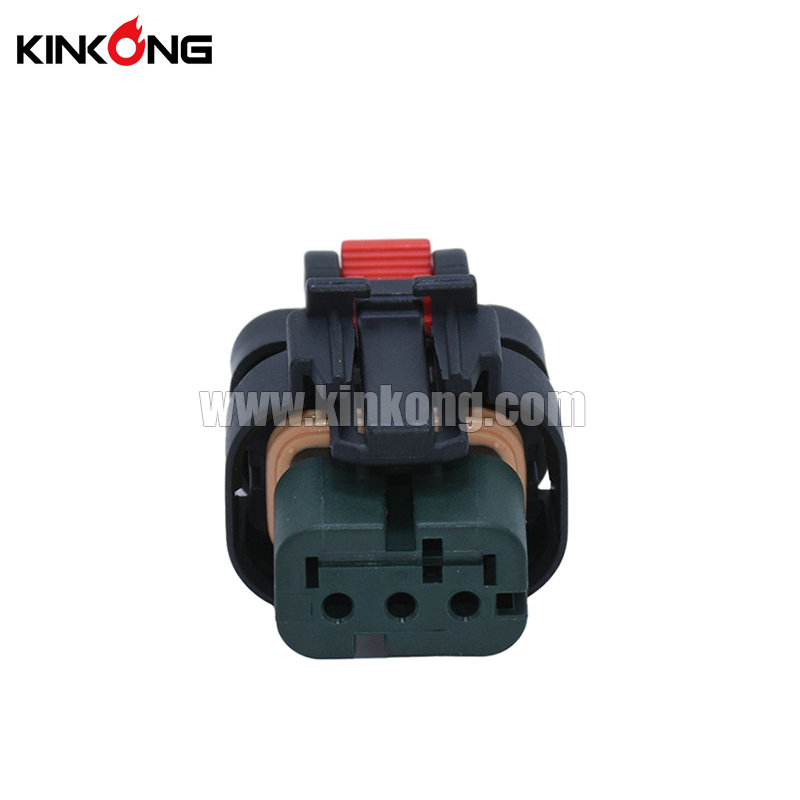In today’s automotive industry, rapid technological advancements have transformed vehicles from mere modes of transportation into mobile platforms equipped with intelligent, highly automated features. At the heart of these sophisticated systems lie the automotive connectors.

What are Connectors?
Connectors are electrical connection devices used to establish and terminate electrical circuits, ensuring the transmission and stability of electrical signals. In automobiles, connectors play a crucial role in linking various sensors, actuators, control units, and power sources, enabling them to exchange information effectively and collaborate seamlessly.
The Role of Automotive Connectors
- Data Transmission: Connectors are responsible for transmitting data between various sensors and control units, such as the engine control unit, braking system, and air conditioning system, ensuring coordinated and synchronized operations within the vehicle.
- Power Supply Functionality: In addition to data transmission, connectors also supply power to various electronic devices, such as navigation systems and in-car entertainment systems, ensuring their proper functioning.
- Modular Design: Connectors facilitate modular design of automotive electronic systems, making them easy to maintain and upgrade. If a component malfunctions, it can be easily replaced without affecting the normal operation of other parts.
- Reduced Wiring Complexity: Automotive connectors reduce the complexity of electrical wiring by connecting various electronic devices together, thereby improving the overall reliability and stability of the vehicle.
Trends in Connector Development
As the automotive industry continues to evolve, automotive connectors are also undergoing continuous development. Here are some trends we can expect in the future:
- High-Speed Transmission: With the proliferation of automotive electronic systems and the increase in data volume, connectors need to have higher data transmission speeds to meet the requirements of various advanced driver assistance systems and autonomous driving systems.
- Miniaturized Design: As interior space in vehicles becomes increasingly valuable, connectors need to be designed smaller to accommodate the needs of complex vehicle layouts.
- Energy Efficiency and Environmental Friendliness: Future connectors need to be more energy-efficient and environmentally friendly, reducing energy consumption and minimizing their impact on the environment.
- Intelligence: With the development of artificial intelligence technology, connectors may integrate more intelligent functions, such as self-diagnosis and fault prediction, to enhance the reliability and intelligence of automotive electronic systems.
Conclusion
As core components of automotive electronic systems, connectors play a crucial role in modern vehicles. They not only connect various sensors, actuators, and control units but also ensure efficient collaboration and data transmission among these components. As automotive technology continues to advance, connectors will evolve to provide a solid foundation for the intelligent and efficient development of vehicles.